
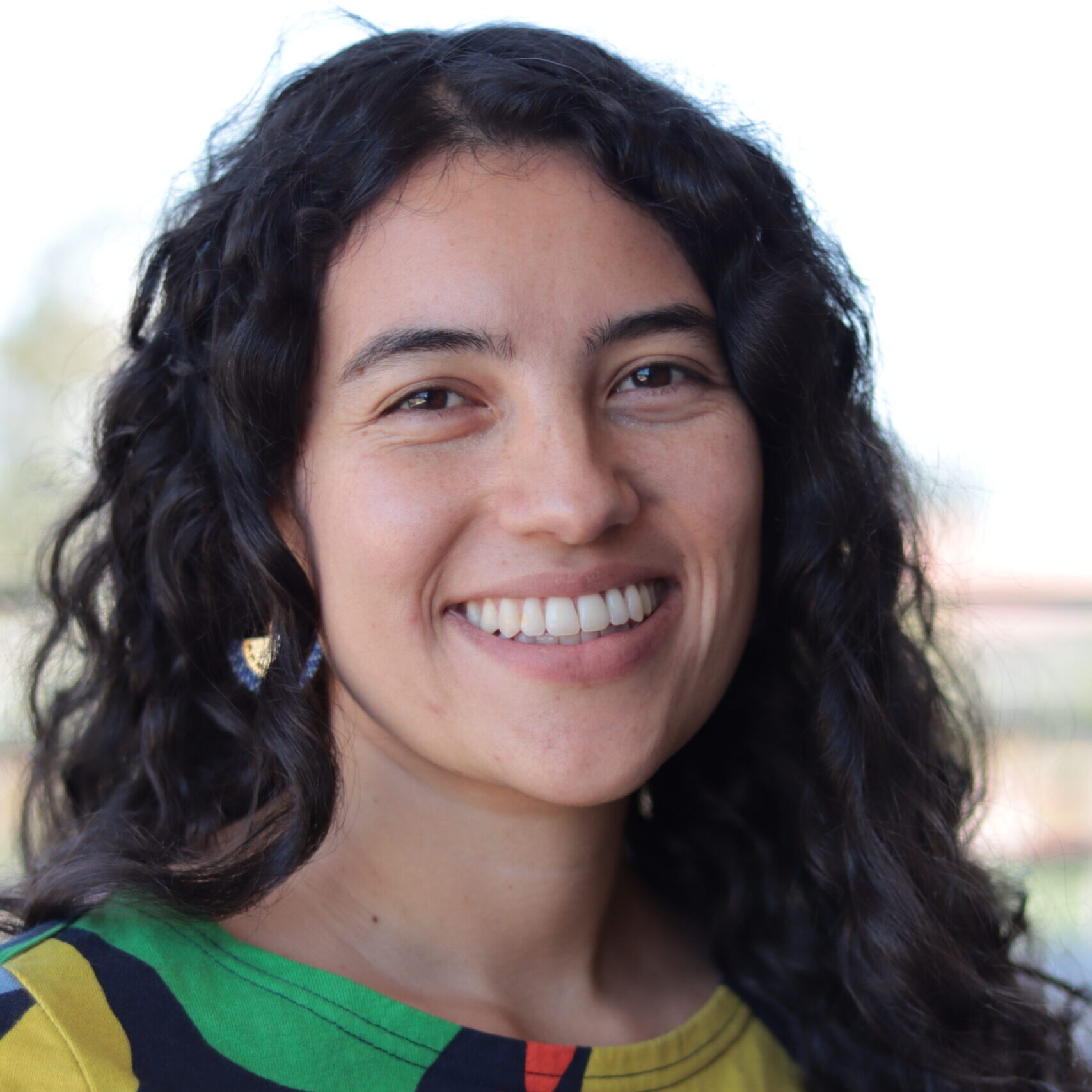
My preferred name is Melissa. I am originally from Bogotá, Colombia. I am a computational ecologist. My main motivation is to use quantitative and computational tools to learn about patterns and processes in biodiversity to inform conservation actions. I was a Liber Ero Postdoctoral Fellow focusing on estimating changes in pollinator distributions to prioritize areas for conservation. For my work I was awarded the Early Career Award from the Canadian Society of Ecology and Evolution, the Young Investigator Award from the American Society of Naturalists, and Early Career Fellow from the Ecological Society of America.
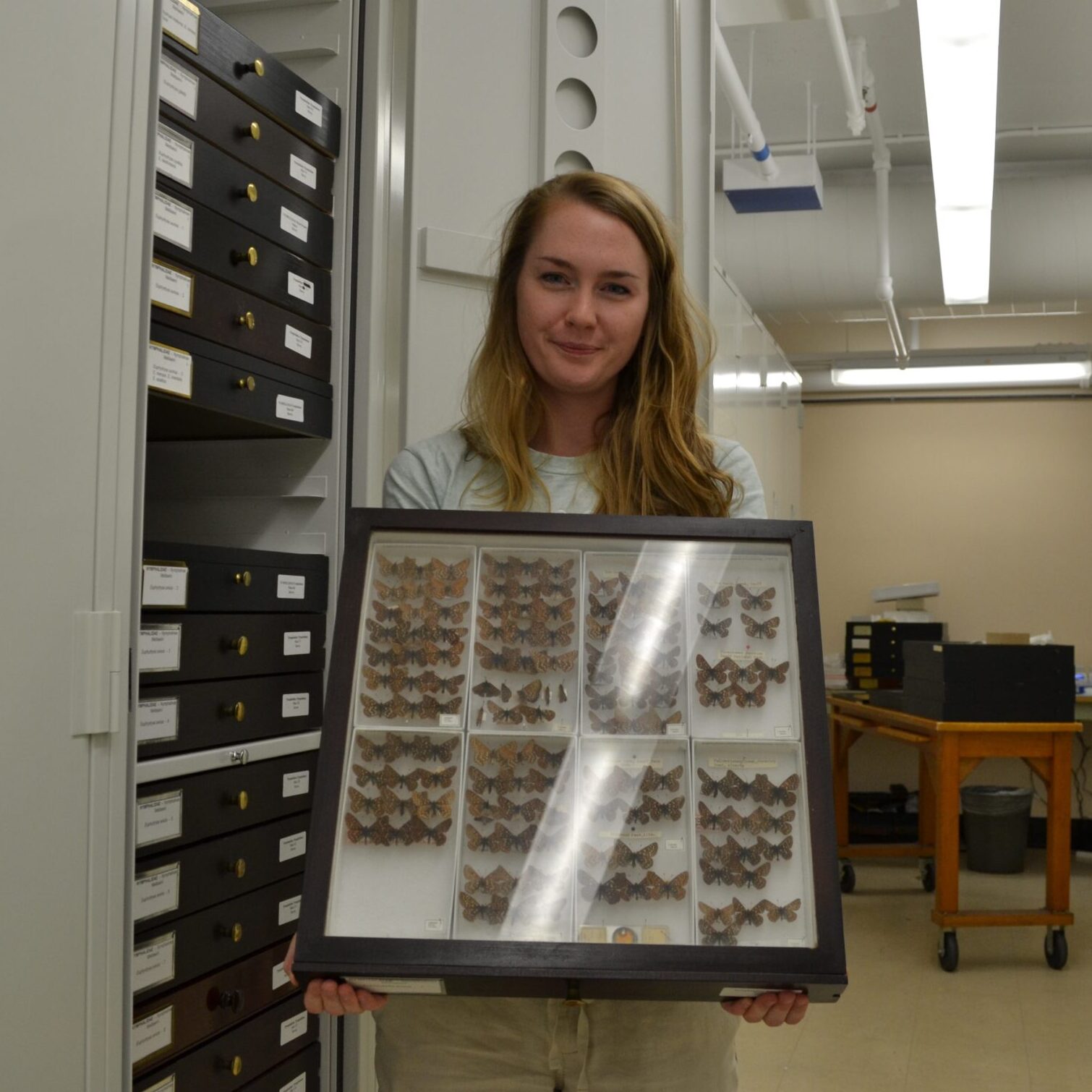
Jayme Lewthwaite completed a PhD with Dr. Arne Mooers at Simon Fraser University, where her research combined spatial ecology and phylogenetic information to help evaluate the biodiversity impacts of anthropogenic change on Canadian butterfly species. Jayme is currently a Liber Ero Postdoctoral Fellow co-advised with Dr. Rachel Buxton at Carleton University.Her postdoc will construct detailed modern and historical occupancy maps for each of these species in order to prioritize conservation actions. She is currently serving as a member of the Arthropod Species Subcommittee for COSEWIC (the Committee on the Status of Endangered Wildlife in Canada), and loves to chase insects in her spare time.
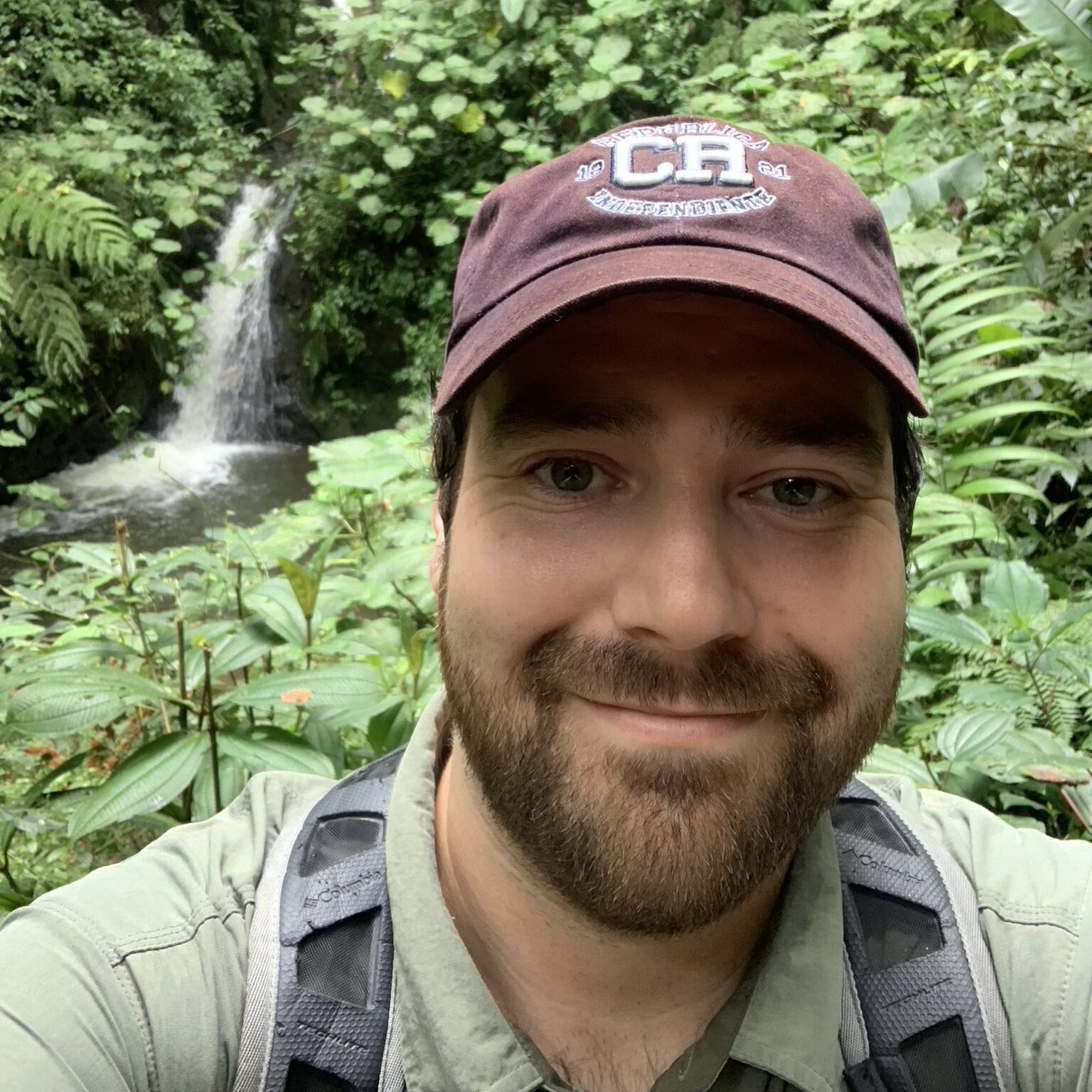
Austin is a postdoc working with the Natural History Museum of Los Angeles County and the University of Southern California/Cornell to study California’s insect biodiversity. The California Insect Barcode Initiative is a collaborative effort to sequence “DNA barcodes” of all insect species in California, and Austin will be managing the new collections part of this project. He received a Ph.D. in entomology from the University of California, Riverside where he studied the systematics of ant-parasitizing wasps in the family Eucharitidae and then did a postdoc at the University of Memphis studying the phylogeny of crickets and katydids (Orthoptera: Ensifera). His interests include insect systematics, biodiversity, evolution, and natural history.
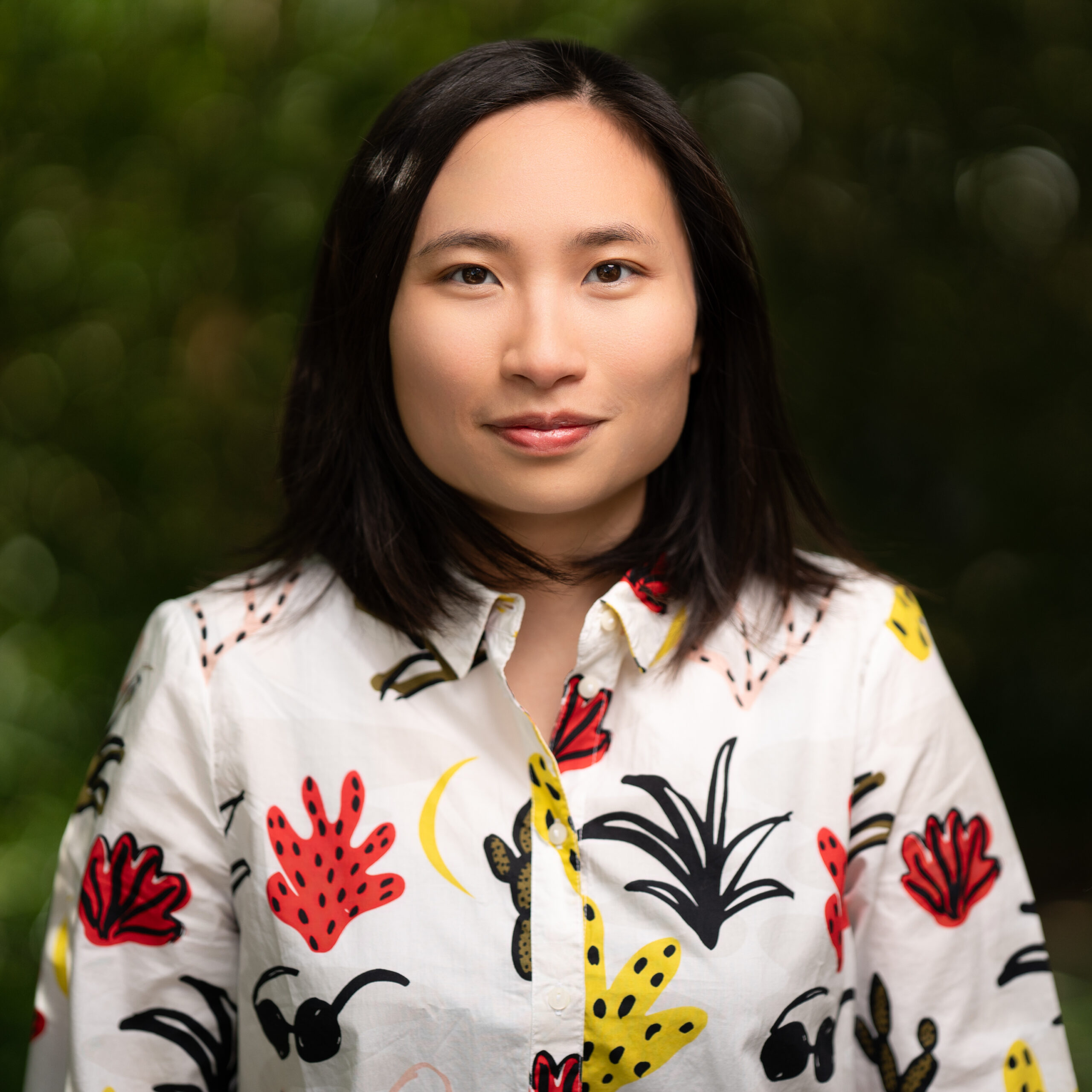
My preferred name is Jenny. I am working with Dr. Melissa Guzman as a Ph.D. student at Cornell University. I completed my MPhil with Dr. Hongbin Liu at the Hong Kong University of Science and Technology. I studied how climate change and nutrient input (such as water pollution) affect the phytoplankton abundance in an urbanized estuarine using machine learning algorithms. From there, I discovered my passion for statistical ecology. For my Ph.D. research at Cornell, I focus on applying statistical and computational methods to connect ecological theories to biodiversity data. Particularly, I want to advance our knowledge of how ecosystems connect on multiple spatiotemporal scales and how biodiversity could be affected in a changing climate. My interest includes metacommunity theory, food web ecology, satellite remote sensing technology, and data science.
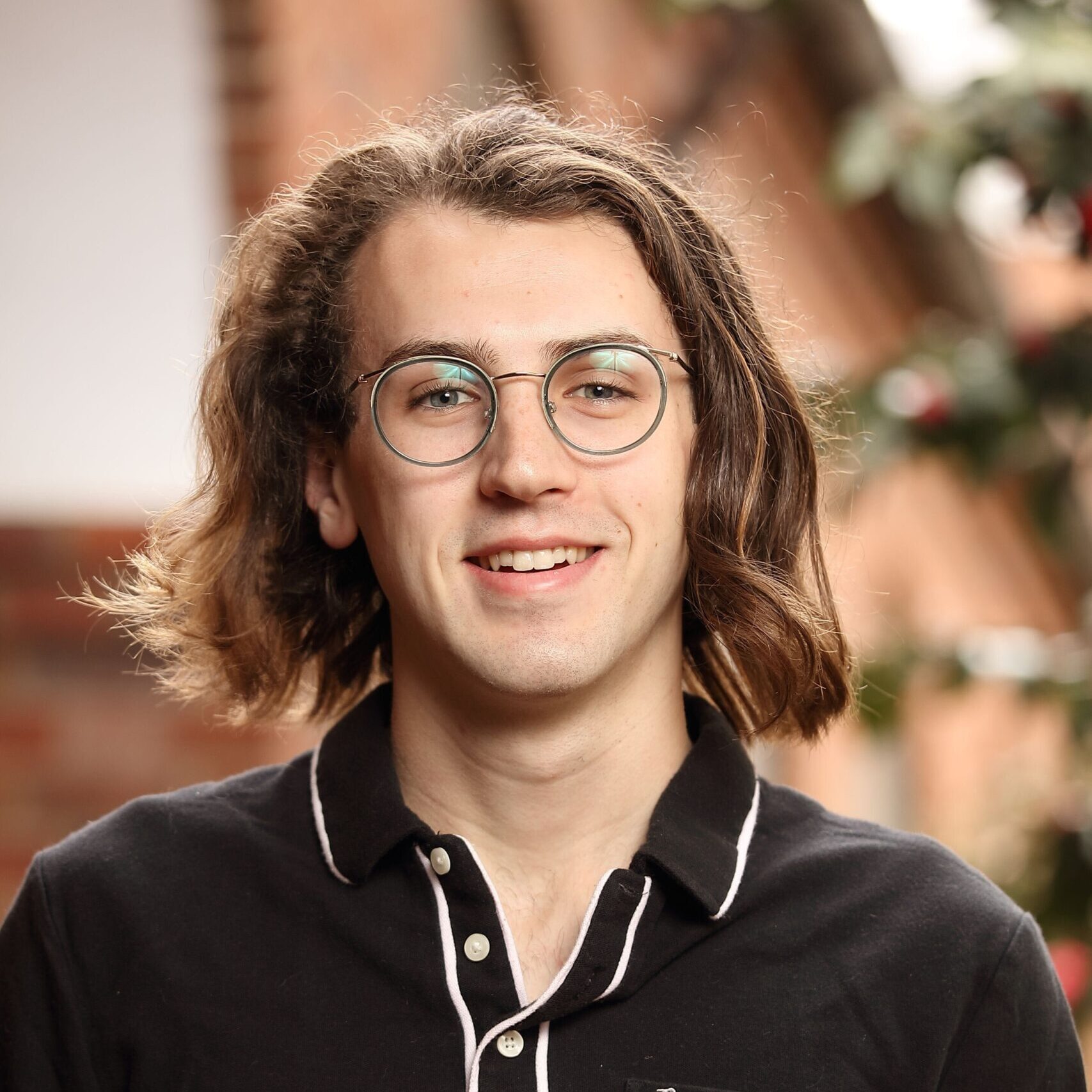
I am a PhD student in the Entomological Data Science Lab at Cornell University. I am originally from Staunton, Virginia, and received my B.Sc. in Environmental Engineering from the University of Virginia. My research investigates how human development and agricultural expansion impact the organization and persistence of ecological communities, with a focus on the wild bee communities of North America. By examining how a species’ traits (such as phenology and dietary breadth) interact with the spatial and temporal conditions of modified landscapes, my research aims to understand how and why wild bee species respond to anthropogenic pressures differently. Leveraging tools from statistical modeling, population genomics, and field ecology, I ultimately strive to inform effective conservation strategies in the face of rapid global change.
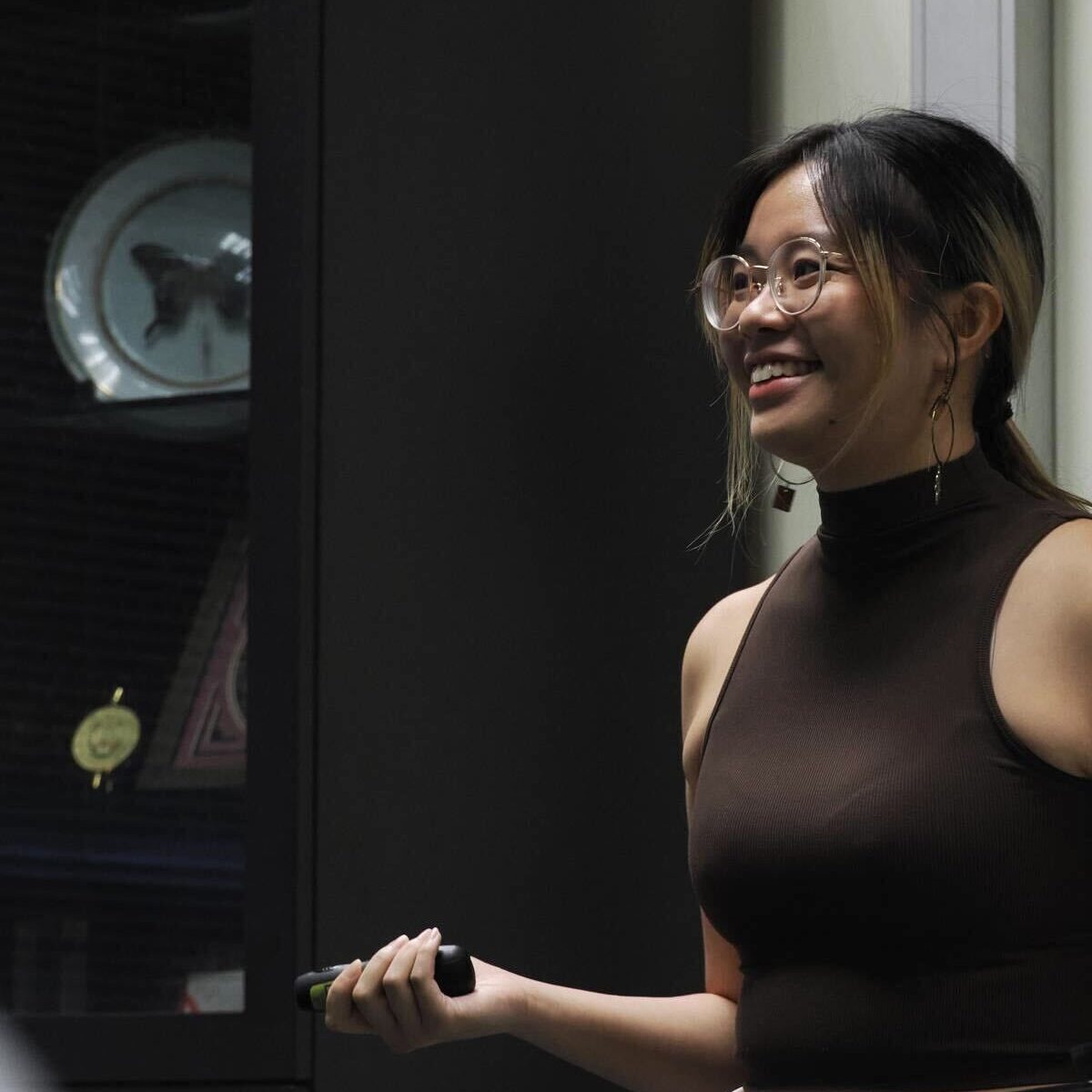
Portia is a PhD student with Dr Melissa Guzman working on the population genomics of California butterflies under climate change and other anthropogenic threats. She obtained her BSc in Ecology and Biodiversity at The University of Hong Kong (HKU), working on the population genetics and trade of Sunda pangolins in Southeast Asia. She then continued her work on pangolin conservation genomics in her MPhil under Prof Tim Bonebrake at HKU, focusing on the population and evolutionary genomics of trafficked Asian pangolins. For her PhD, she is interested in applying population genomics and population modelling tools to explore the “winners” and “losers” under climate change from a genomics perspective. More broadly, she is interested in working at the interface of conservation biology and population genomics to better understand the effects of various anthropogenic threats on the ecology and biodiversity of different systems.
Entomological Data Science Lab
Cornell University
129 Garden Ave, Comstock Hall 3142, Ithaca, NY, 14853
